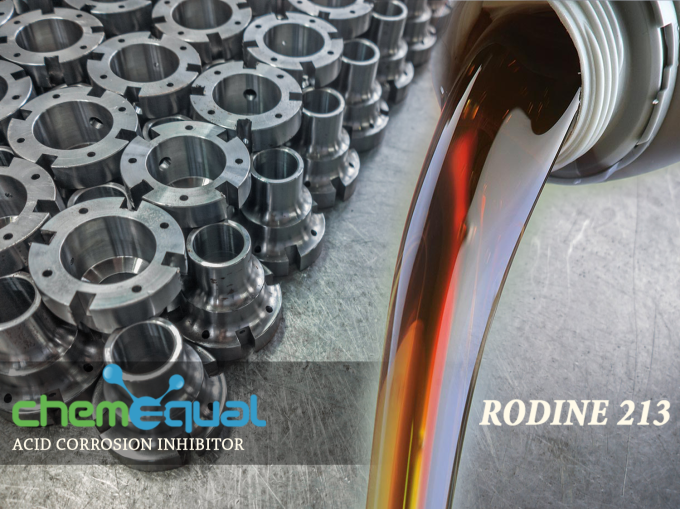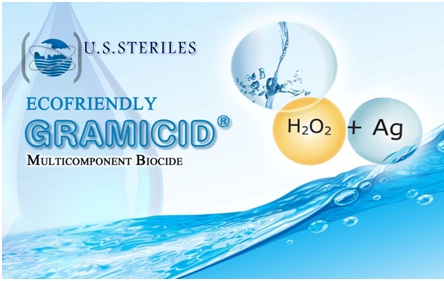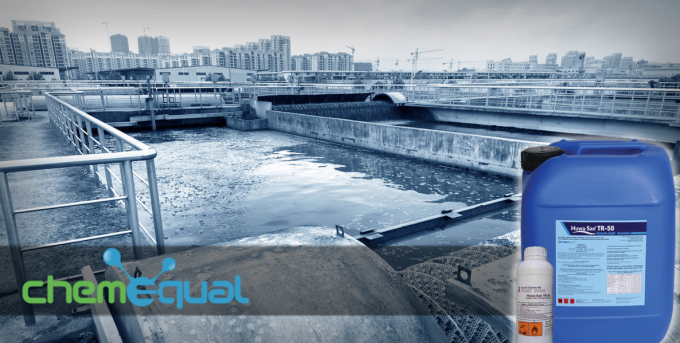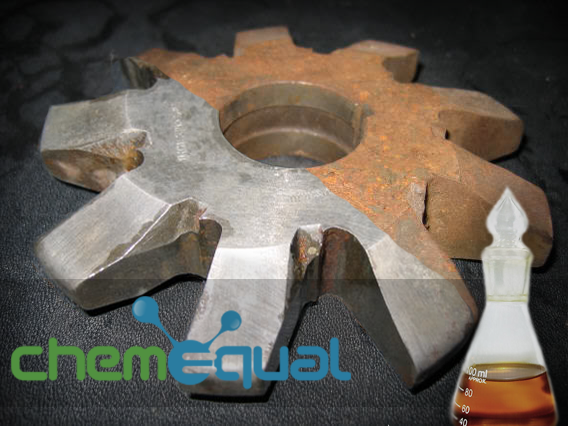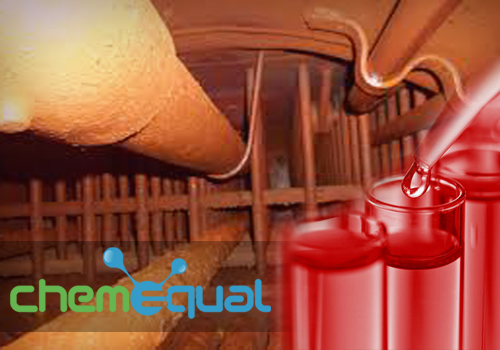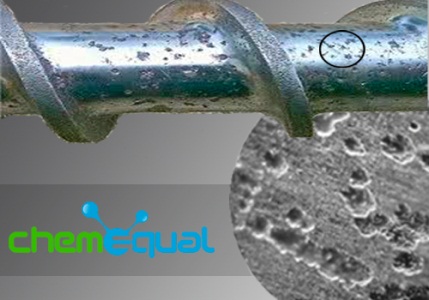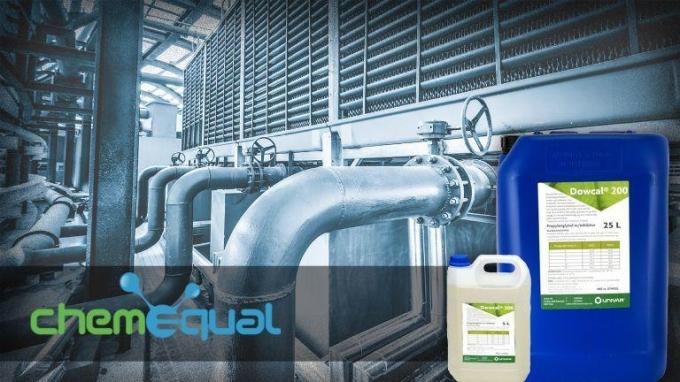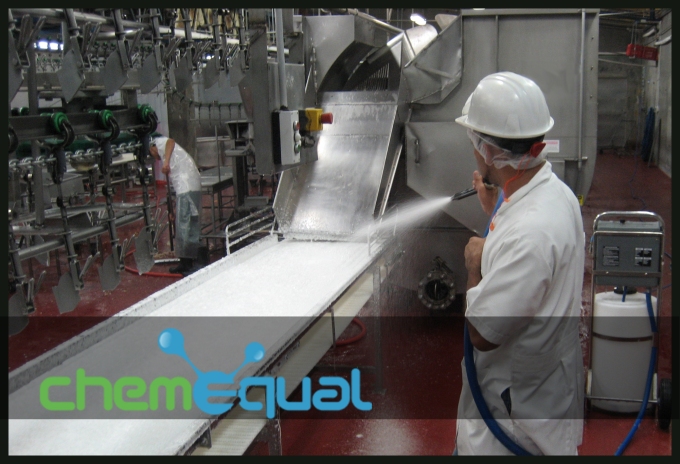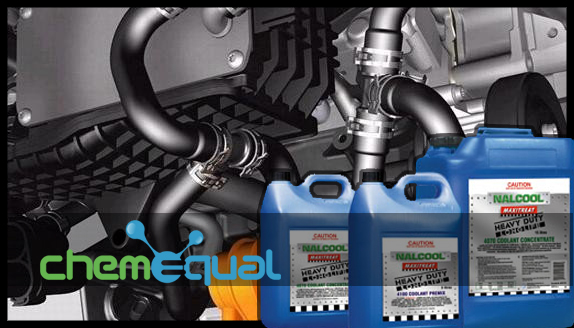Rodine 213 has remained the most popular choice till date for Hydrochloric Acid pickling and plant cleaning
Hydrochloric acid replaced Sulfuric acid as the pickling liquor since it pickles substantially faster with minimal base metal loss. The highly reactive chloride ion in the acid is the reason for high efficacy in the cleaning procedure. It is utilized for cleaning metals with alloy content of 6% or less. An acid inhibitor must be added to the pickling solution to keep the metal surface from dissolving or getting pitted. Such pickling acid inhibited liquor is called “Inhibited HCL” and is a mix of Hydrochloric acid solution in water (3% to 10%) and an acid corrosion inhibitor which in itself is a mix of natural and synthetic chemicals that adsorb on the metal surface during pickling.
Rodine 213 is a superior synthetic blend of keto-amine complex substitutes with non-ionic surfactants, alcohols and solvents particularly intended to restrain hydrochloric acid corrosion on metal surfaces during modern operations like surface cleaning and pickling. It is effective over an extensive variety of metal surfaces like Iron and Steel, copper and metal. Rodine 213 is a high foaming anti-corrosion additive with a high viability at dispersing oil and grease and is perfect for HCL based pickling liquor systems particularly before plating.
It guarantees metal surface protection during procedures including lime scale removal from kettle and pipework and from evaporating plants, removal of oxide residue from iron, steel, metal and copper. Rodine 213 is free from chlorinated hydrocarbons and heavy metals like arsenic and lead. It can be synergized with Hydrochloric acid pickling in stipulated dozes both by circulation method and by drench and flush operations. Rodine 213’s exceptional quality and thermal stability makes it a perfect acid corrosion inhibitor for improvement of the pickling procedure by pre-warming the liquor bath with the inhibited acid system. It additionally works as an excellent acid fume suppressant.
Its key components can be summarized as follows:
- Modifies metal surface to prevent corrosion
- Easy to apply
- Excellent wetting properties for better cleaning
- Effective acid fume suppression
- Saves Zinc during Plating
- Reduces metal loss
- Enhances quality of pickling acid bath, and decreases acid consumption
Rodine 213 has boundless modern applications in enterprises like Iron and Steel, Power Station, Heavy Engineering Industries, Petrochemical and Refineries, Sugar Processing Industry, Cement, Glass and Ceramic Industries to name a few.
ChemEqual is the largest online database and trusted chemical marketplace for Rodine and similar corrosion inhibitors can easily be found and enquired here.
